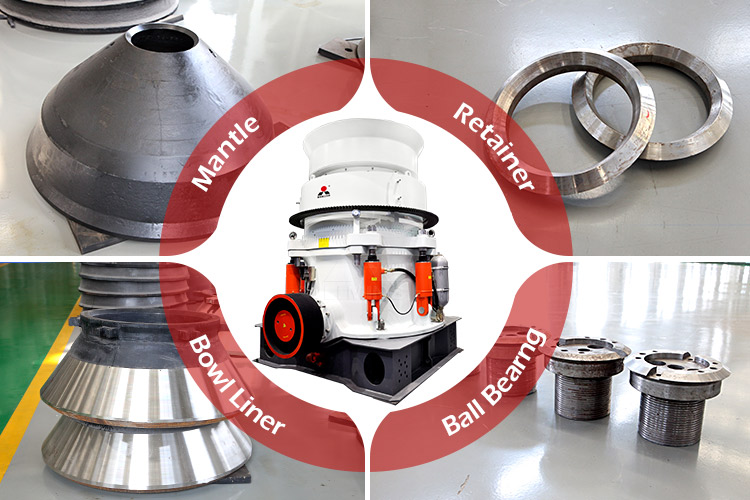A pendular mill with a capacity of 710 t/h (tons per hour) is a high-capacity grinding mill typically used for fine and ultra-fine grinding of soft to medium-hard materials, such as minerals, chemicals, and industrial products. Here’s an overview of its key features and applications:
 Key Features of a Pendular Mill (710 t/h):
Key Features of a Pendular Mill (710 t/h):
1. High Capacity – Designed for large-scale industrial processing, capable of handling up to 710 tons per hour.
2. Fine & Ultra-Fine Grinding – Achieves particle sizes in the range of 10–100 microns or finer, depending on the material.
3. Pendulum Roller System – Uses oscillating rollers that apply pressure against a fixed grinding ring for efficient milling.
4. Air Classification Integration – Often paired with dynamic classifiers to control particle size distribution.
5. Low Energy Consumption – Optimized design reduces power usage per ton compared to traditional ball mills.
6. Versatile Material Handling – Suitable for limestone, clay, gypsum, talc, barite, coal, and other non-metallic minerals.
Typical Applications:
– Mining & Minerals: Grinding limestone, marble, phosphate rock.
– Cement Industry: Raw meal and cement grinding.
– Chemical Industry: Processing kaolin, bentonite, and other additives.
– Power Plants: Coal pulverization for combustion.
.jpg) Manufacturers & Models:
Manufacturers & Models:
Pendular mills in this capacity range are typically supplied by companies like:
– NEUMAN & ESSER (NEA)
– Schenck Process
– Alpine (Hosokawa)
– Loesche (for larger vertical roller mills)
Would you like details on specific technical specifications (motor power, feed size, etc.) or operational considerations?




